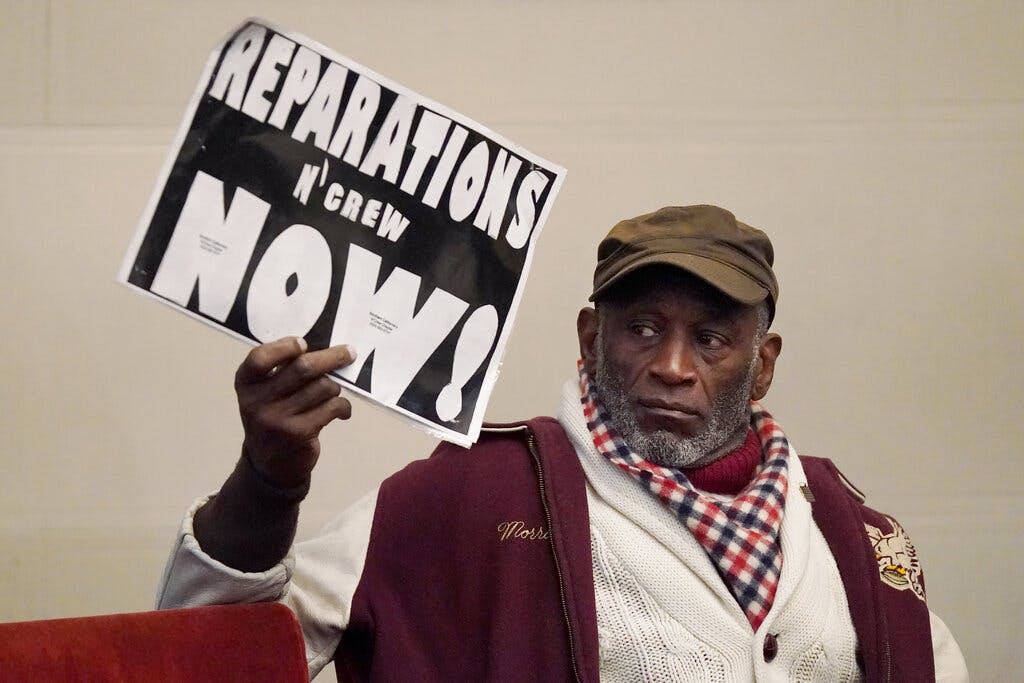
Pam Bondi Plows Past ‘Paperwork Mistake’ To Revive Criminal Prosecutions Against Letitia James and James Comey
By A.R. HOFFMAN
|For Mr. Newsom to be so quiet on an issue of such significance is unlike him.

Already have a subscription? Sign in to continue reading

By A.R. HOFFMAN
|
By ADRIAN NGUYEN
|
$0.01/day for 60 days
Cancel anytime
By continuing you agree to our Privacy Policy and Terms of Service.
By BRADLEY CORTRIGHT